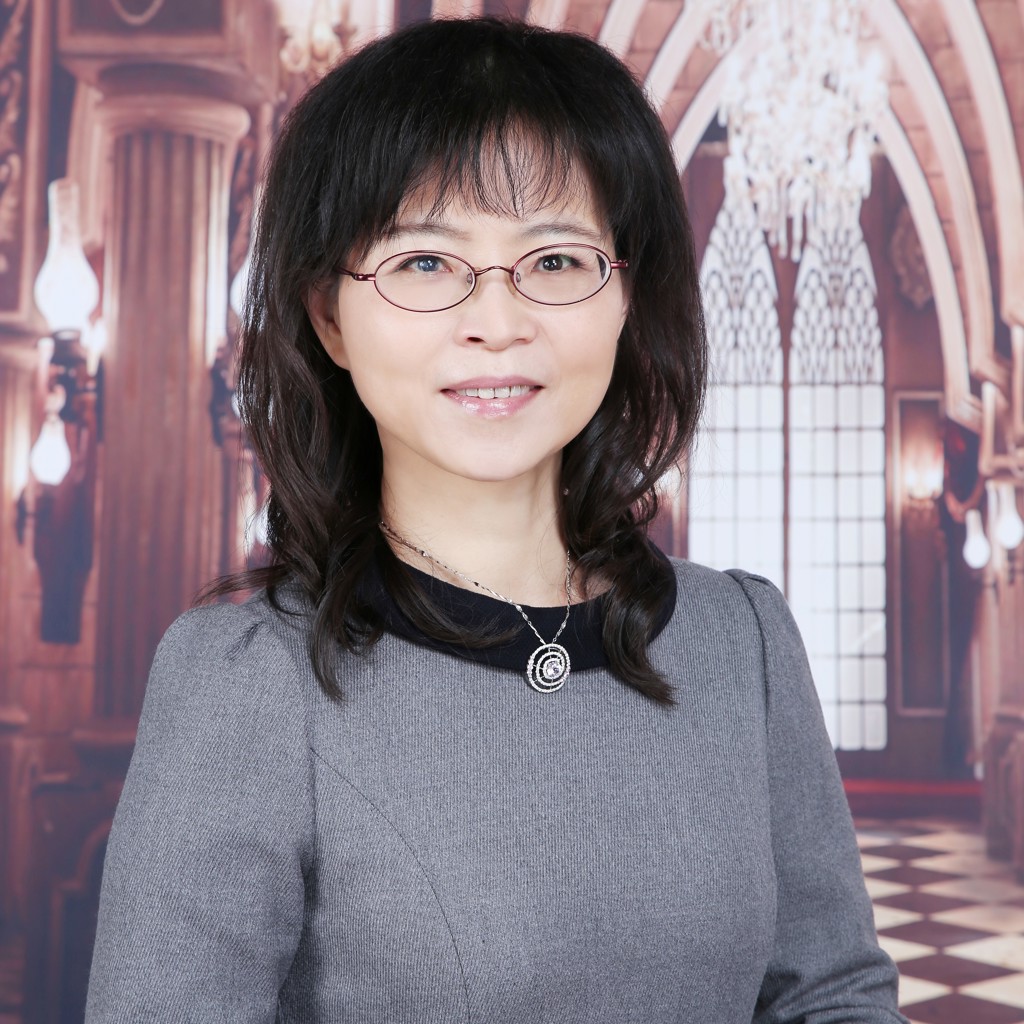Ray-Hua Horng
National Chiao Tung University, TaiwanFor contributions to Green Photonics, and in particular for developing high brightness Light Emitting Diodes and high efficiency Solar Cells.

Growing up, Ray-Hua Horng always liked math. In junior high, she was introduced to science by her physics and chemistry teachers. She found it fascinating, and with strong math skills she enjoyed it even more. When it was time to attend college, she chose engineering as her main focus and has continued in that field to this day.
After getting her PhD in Electrical Engineering from National Sun-Yat Sen University, Taiwan, she worked in the telecommunications labs of the Taiwanese Ministry of Transportation and Communications. After only three months, she had an opportunity to become a professor at Da-Yet University, Taiwan and she decided to accept the offer.
According to Ray-Hua, you need to focus on three main areas to be a successful professor: teaching, serving on an industry project or at a research center, and doing research. While there can be many obstacles in research, you can always overcome them if you keep an open mind and look for alternative methods and approaches. This makes research interesting and exciting, as does finding new opportunities to solve problems and contribute to society.
Ray-Hua works on light emitting diodes (LEDs) and believes her research can lead to numerous technological advances in solid-state lighting. Most people know LEDs from their use in televisions and energy-efficient household light bulbs. But her work goes beyond that to include solar cells, power devices, HEMT, flexible electronics, optoelectronics, and nitride and oxide semiconductor MOCVD growths.
One of her most important responsibilities is to stay up-to-date on the latest technologies and advancements. One way she does this is through Facebook, which provides an easy and convenient way to keep up with colleagues she met at conferences and to share her own work. She also credits OSA, specifically its journals and its sponsorship of OPTIC (Optics & Photonics Taiwan, International Conference), for giving her a platform to showcase her work and be recognized by her university and the Taiwanese Ministry of Science and Technology.
Ray-Hua notes that staying up-to-date on current technologies and advancements also includes knowing about developments in other fields that could support or help advance her own research and solve complex problems.
She consults with her husband, also a professor whose research partly overlaps with hers, about ways that new technologies can help her work. She considers him a mentor and appreciates the importance of having someone who is always there to share in both good times and the bad times.
Profile written by Jeanette Gass
